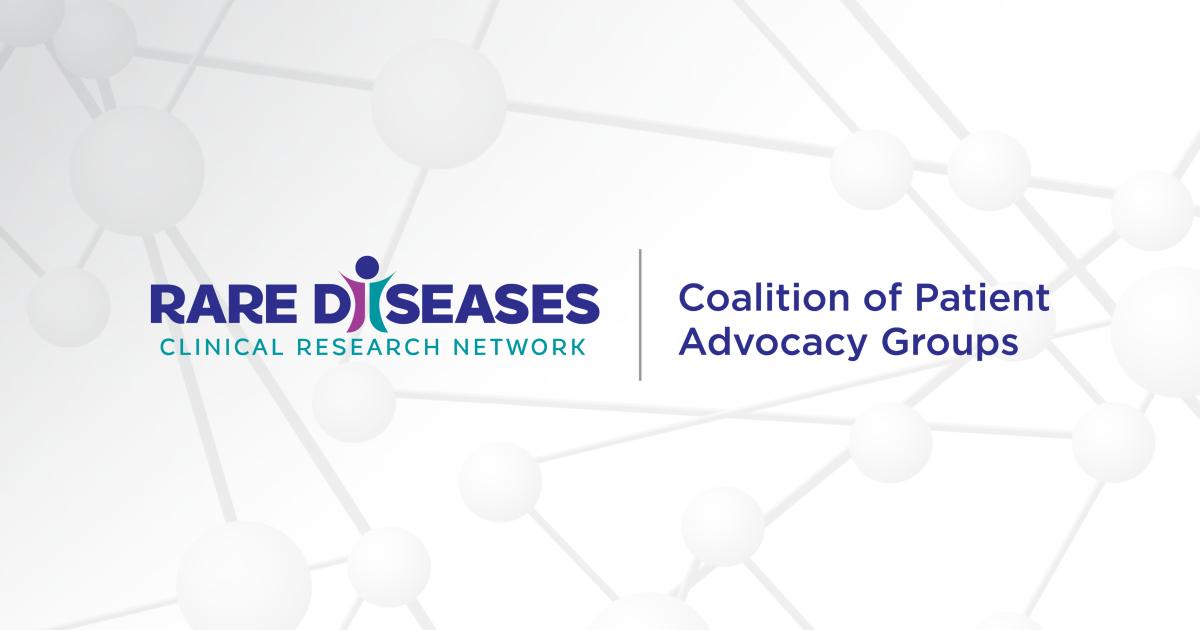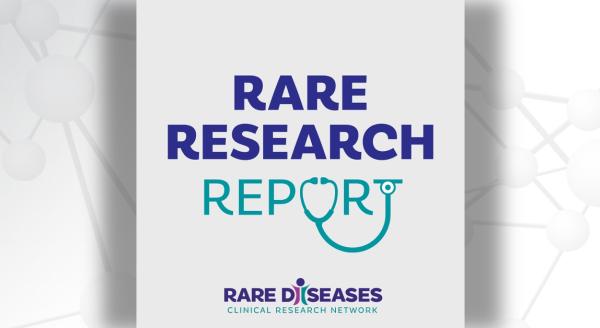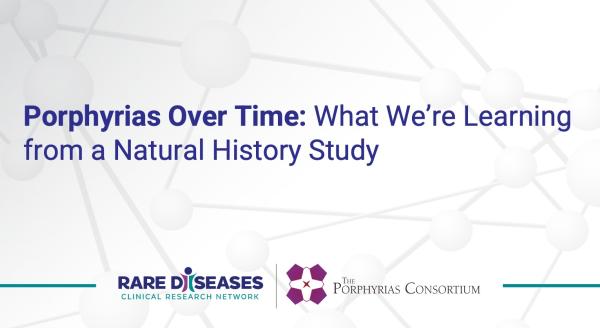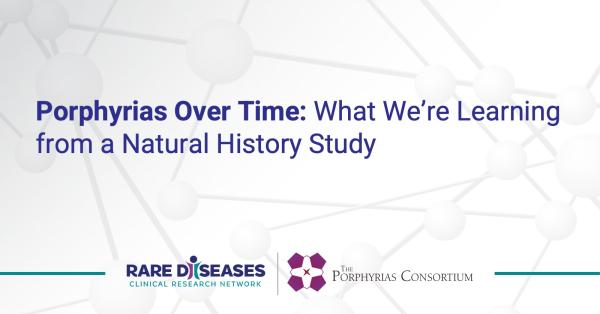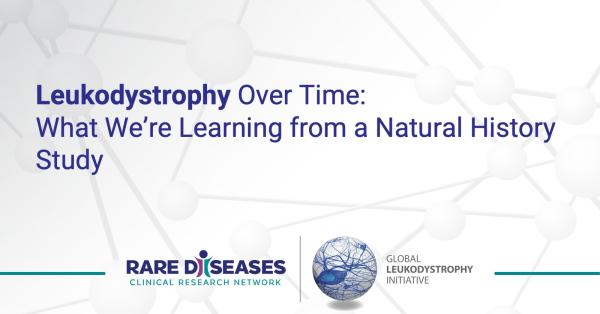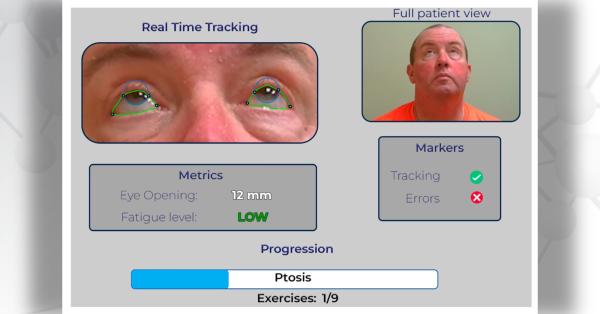The Coalition for Patients Advocacy Groups (CPAG) has been a critical pillar for the support of the Rare Diseases Clinical Research Network (RDCRN). CPAG has been very active this year in three main work arenas:
- Communications, which focuses primarily on internal communications within the group;
- Outreach, which champions the cause of the Rare Diseases Clinical Research Network (RDCRN) from the CPAG perspective, especially to increase awareness outside of the current network;
- Education, the component of CPAG which takes responsibility for coordinating teleconferences and meetings.
Study participation increases when patients are educated within their trusted advocacy community about their critical role in advancing research
Supporting the rare disease research enterprise as full partners in the RDCRN is the unique and crucial role of CPAG. The RDCRN investigators recognize the critical importance of patient advocacy and consider this growing partnership to be one of the most important legacies of the RDCRN Program. In addition, it is hoped that the success of this relationship between the physician-investigators and the CPAG volunteers will be a model of how such partnerships can lead to a more open and informed research process The Office of Rare Diseases Research (ORDR) has been very instrumental in keeping CPAG members updated on RDCRN and NIH issues in monthly calls and email communications.
CPAG encourages you to be actively involved your advocacy organizations.
Some of the reasons to do so are:
- Advocacy recruitment efforts measurably increase study participation and success. The efforts of the PAG's, were proven more effective in increasing recruitment than any other method or platform.
- Patient advocates possess unique knowledge of all aspects and limitations of affected communities, which helps focus efforts of investigators and enhance study design.
- Study participation is more informed when patients are educated within their trusted advocacy community about their critical role in advancing research and given the information they need to get involved.
Why You Need Patient Advocacy
- Review surveys for ease of understanding
- Recruit subjects
- Committee participation
- Brainstorming
- Relay information on needed research
- Understandable explanations of research
- Assist in advocacy for funding and sponsoring national conferences
- Educating and recruiting patients about disease registries Holding discussions at conferences about issues including IRB approval, liability and other issues.
- The new internet tools - How are they working for your organization?
- Succession planning for patient advocacy groups
- Dealing with the media - The Good, The Bad, And The Ugly
- Dealing with grief in the work setting - Loss or impending loss of a significant leader or death of a co-worker
We Put The Face On The Syndrome or Disease ~ You Put the Hope in Our Hearts
Thank you for being our partner in making the world of rare diseases a better place.
CPAG Co-Chairs:
- Janalee Heinemann: jheinemann@pwsausa.org
- Michele Manion: info@pcdfoundation.org
- Christina Cornell: scc37@nc.rr.com

